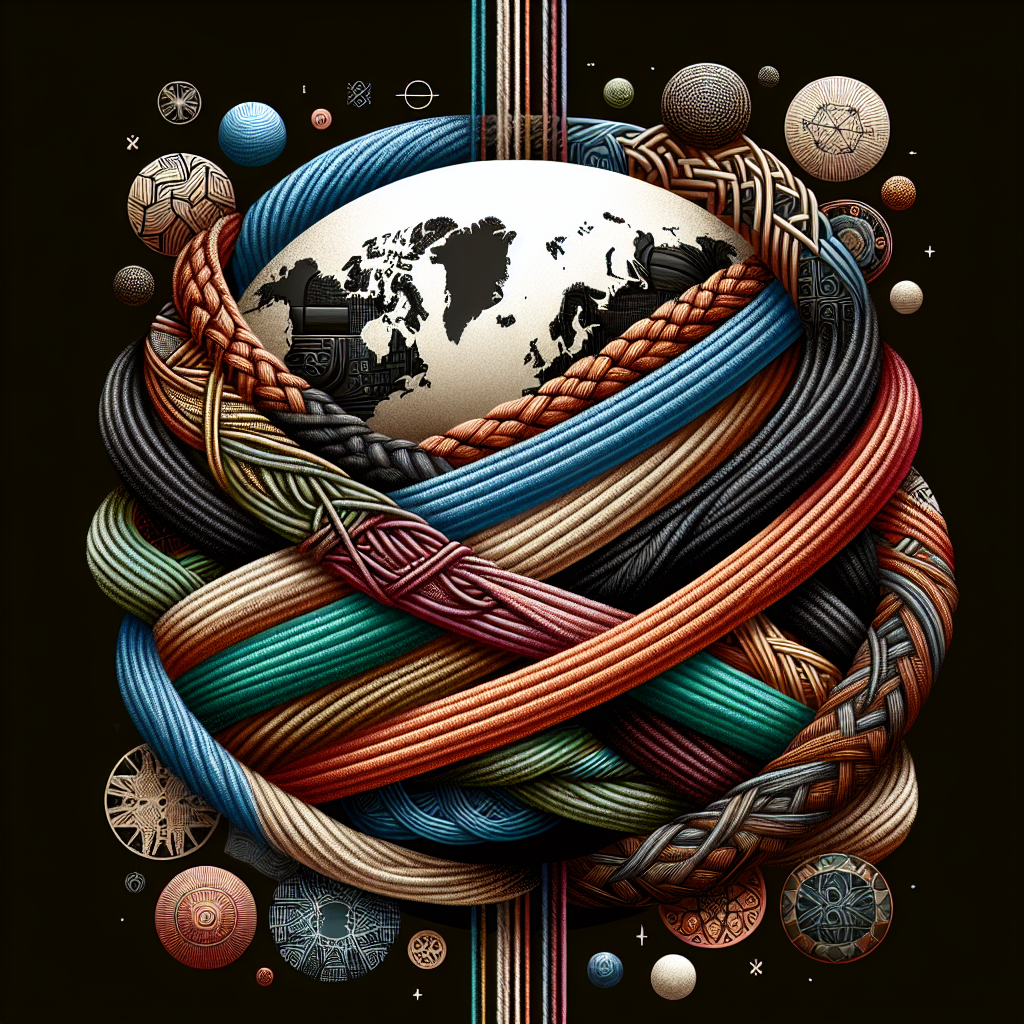Your cart is currently empty!
Unpacking the Complexities of Black Identity and Intersectionality

Black identity and intersectionality are complex and multifaceted concepts that play a crucial role in shaping the lived experiences of black individuals. Understanding the nuances of black identity and how it intersects with other aspects of identity such as gender, sexuality, and class is essential in order to fully grasp the challenges and triumphs of being black in today’s society.
At its core, black identity is a deeply personal and cultural phenomenon that encompasses a sense of belonging to a racial group that has historically been marginalized and oppressed. For many black individuals, their identity is shaped by a shared history of slavery, segregation, and systemic discrimination, as well as a rich cultural heritage that includes traditions, music, food, and art that have been passed down through generations.
However, black identity is not monolithic – it is as diverse and varied as the individuals who embody it. Black people come from a wide range of backgrounds, with different experiences, beliefs, and perspectives that shape their sense of self and their place in the world. This diversity within the black community is often overlooked or erased in mainstream narratives, which tend to portray black people as a homogenous group with a singular experience.
Intersectionality, a concept popularized by scholar Kimberlé Crenshaw, emphasizes the ways in which different aspects of identity – such as race, gender, sexuality, and class – intersect and interact to shape an individual’s experiences of privilege and oppression. For black individuals, intersectionality is especially relevant, as they often face multiple forms of discrimination and marginalization based on their race and other aspects of their identity.
For example, black women may face unique challenges that stem from the intersections of racism and sexism, such as being stereotyped as aggressive or hypersexualized, or being overlooked for opportunities in the workplace. Similarly, black LGBTQ+ individuals may experience discrimination and violence based on both their race and their sexual orientation or gender identity, leading to a heightened sense of vulnerability and invisibility.
Understanding the complexities of black identity and intersectionality is crucial for creating a more inclusive and equitable society. It requires us to recognize and celebrate the diversity within the black community, as well as to acknowledge the ways in which intersecting forms of oppression can compound and exacerbate the challenges that black individuals face.
By unpacking the complexities of black identity and intersectionality, we can begin to challenge the stereotypes and biases that limit opportunities for black people, and work towards creating a more just and equitable world for all. It is only through this deeper understanding and commitment to social justice that we can truly honor and uplift the voices and experiences of black individuals everywhere.
#Unpacking #Complexities #Black #Identity #Intersectionality,black)

Leave a Reply